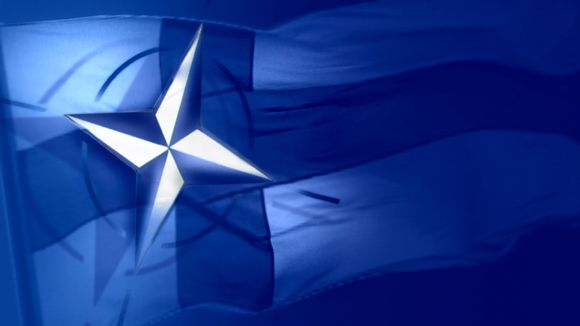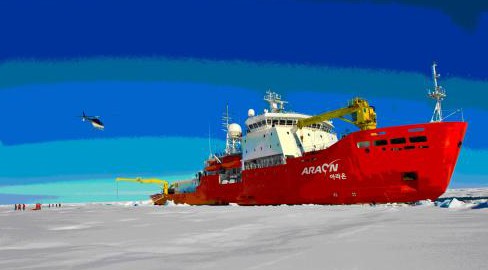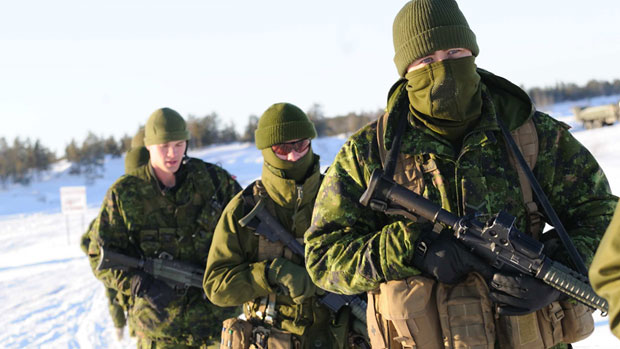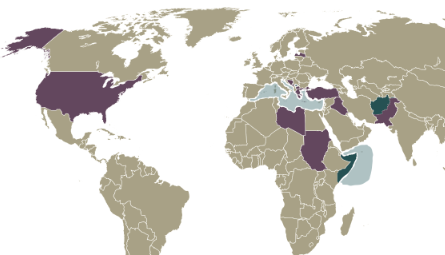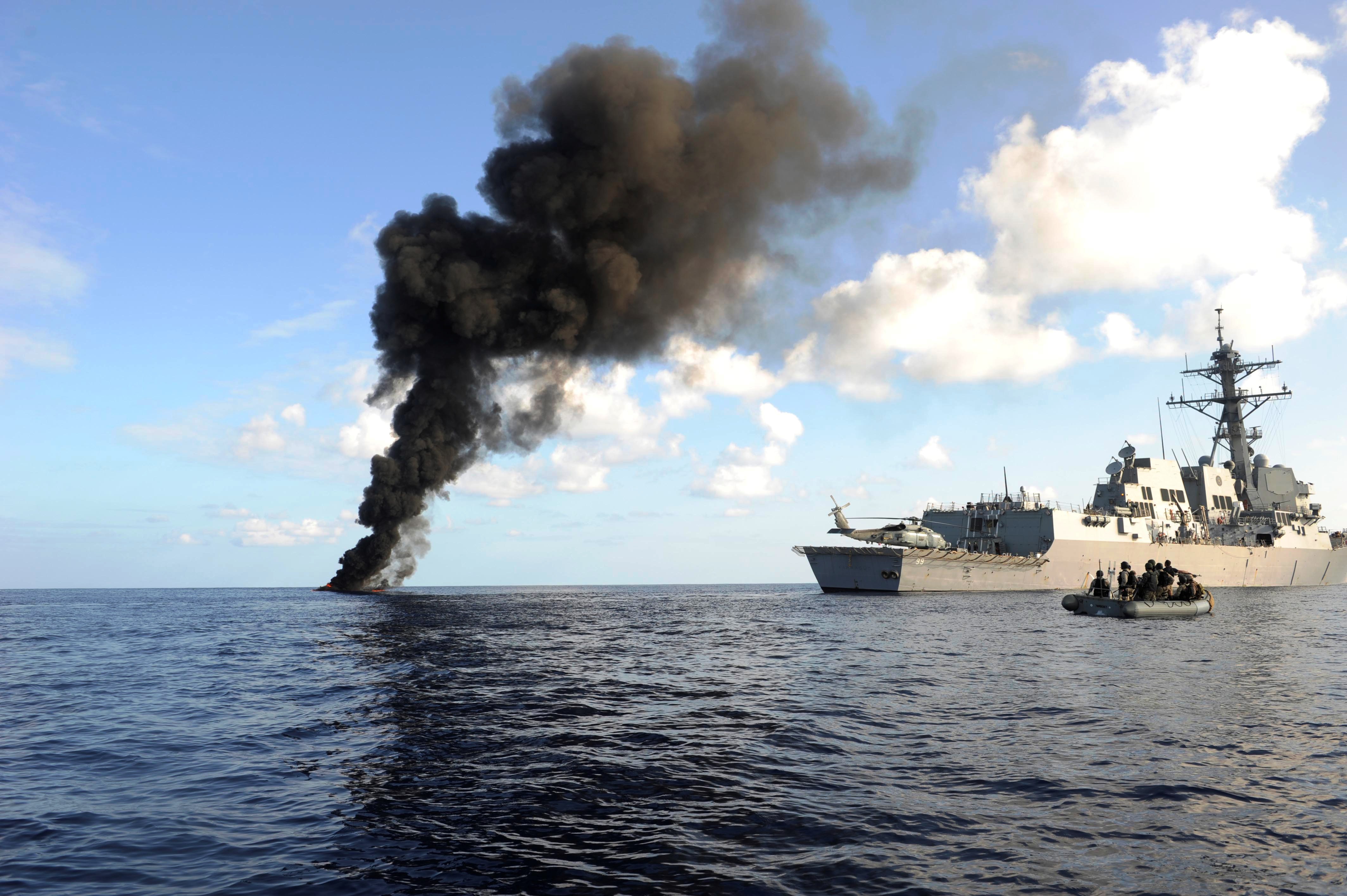Samantha Black argues that Finnish policy-makers should consider NATO’s membership more seriously.
4. Programs
placeholder for programs
8 Useful World News Sources
Don’t know where to go to find reliable world news? Try these 8 options to get you started.
The Greek Social Fallout: Remains of the Debt Crisis
Tyler Amos explains why, even as the Eurozone officially comes out of a recession, problems in Greece are far from over.
South Korea Sails North: Policies and Goals for the Arctic
Georgi Ivanov examines South Korea’s motivation and interests as it looks towards the Arctic.
Ukraine and NATO: A Promising Partnership
With Ukrainian troops set to remain in Afghanistan beyond 2014, Paul Pryce assesses the state of NATO-Ukraine relations.
Employment Protection: Canada’s Obligation to Protect Reservists
Sandra Song looks at employment protection for Canadian Forces Reservists.
Infographic Guide to NATO Operations Past and Present
Emily Simonin gives a guide to all of NATO’s past and present operations with links to relevant articles on each topic for further reading.
The Maritime Alliance: Flow Security, Mahan, and the Future of NATO
As the debate on NATO’s future continues, Paul Pryce proposes a maritime future for the Alliance.
Egypt: Two Presidents Down, an Economy to Go
Following the violent crackdown by the Egyptian Army, Diana Rivera discusses the economic direction of the country under the new army-backed interim government.
Japan Looks North: The US Pacific Ally System and Arctic Geopolitics
Georgi Ivanov discusses Japan’s strategic security and commercial interests in the Arctic and analyses the influence of the US Pacific Ally System in the country’s foreign policy, especially with respect to the High North.

